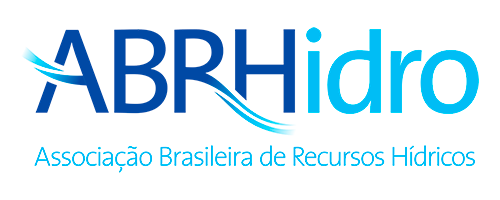ICFM6 - International Conference On Flood Management
Data: 17/09/2014 à 19/09/2014
Local: São Paulo - Brazil
Flood Disasters and Flood Warning in Urban Areas of Ukraine: Learned Lessons and New Challenges (PAP014640)
Código
PAP014640
Autores
Tema
Flood forecasting and early warning systems
Resumo
River floods and inundations connected with them are the most widespread and dangerous natural disasters in Ukrainian urban areas. A lot of cities, especially those located in the region of Carpathians mountains, are suffered from main four types of floods: regional floods (associated with large- or meso-scale weather patterns); spring-time floods (caused by the combination of melting snow and precipitation); ice floods (linked to ice phenomena on rivers); flash floods (caused by convective precipitation). The frequency and intensity of floods as well as the magnitude of damage caused have increased in many regions during the past decades. A large number of Ukrainian cities have been severely damaged from extreme floods which occurred in 1998, 2001, 2003, 2008, 2010 and 2012. Researches have shown the climate change and the irrational economic activities in the river basins are the major reasons of increasing the danger of flood hazards. Taking into account the fact that river floods affect large urban areas with intense economical development and high density of population the development of flood management is one of the most urgent task in the Ukrainian water-related policy. Among non-structural flood management measures a development of the Warning System is extremely important to be able to timely recognize dangerous situations in the flood-prone areas and to protect the societies against flood hazards. The flood disasters in different natural zones of Ukraine, present state, problems and new challenges in the development of different components of flood warning system in urban areas on national, local and international levels are considered in the paper. In particular, the following issues are considered: particularities of flood runoff formation in urban areas located in different natural zones, including, the impact of present and expected climate changes on the frequency and intensity of floods; assessment of socio-economic vulnerabilities (hazard to human life and health; a loss of city's lands; a shortage of water supply for different city's needs; a destruction of city's infrastructure) in major urban areas to flood hazards; institutional background of flood warning, including, the distribution of responsibility between central and local authorities in areas: monitoring and data collection; risk analysis, forecasting, warning decision and distribution, receipt and response; existing warning system, its main components and technical capabilities; flood monitoring and forecasting methods and technologies; international cooperation on transboundary rivers; major limitations and problems in the institutional, financial, technological and scientific support the flood warning system; new needs in the context of introducing the concept of the Integrated Flood Management and European principles of water-related legislation and standards; activities undertaken by central and local authorities, scientific community, non- governmental organizations to meet new challenges. The special attention is given to the development of the early flood warning system which is carry out by the State Emergencies Service in cooperation with the State Hydrometeorological Service. This development is based on integrating the hydrometeorological observation and forecasting with using the flood risk assessment approaches.

